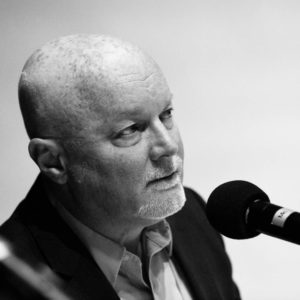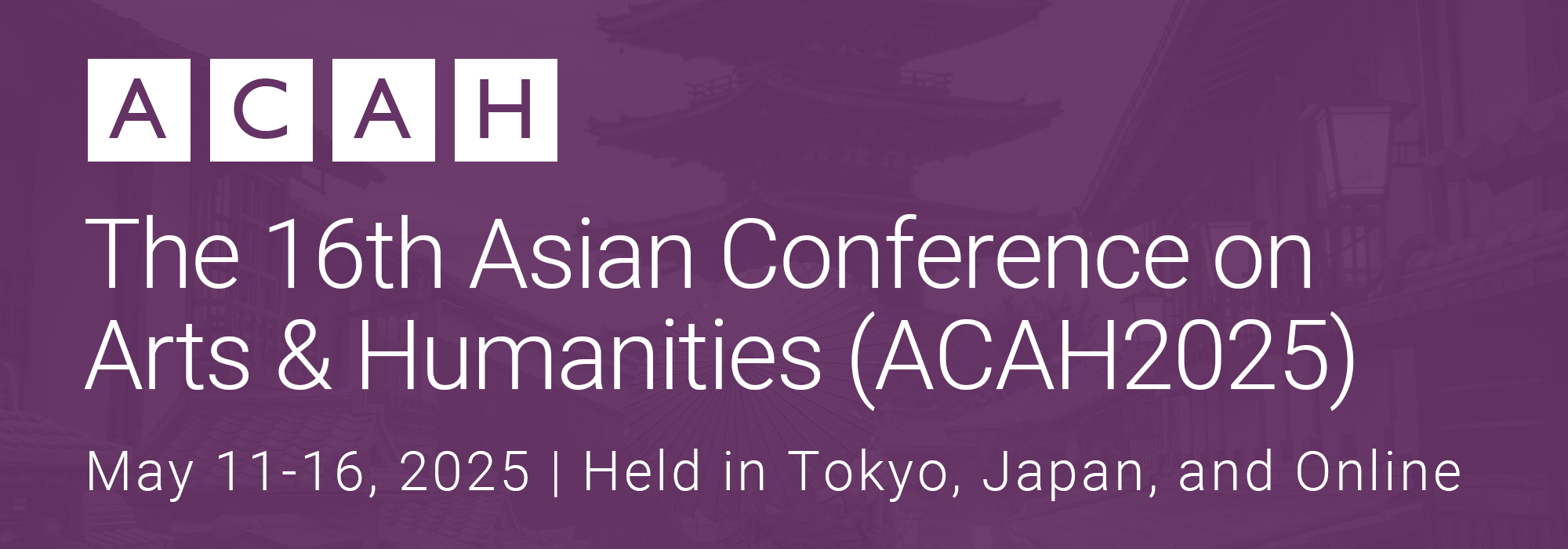Panel Presentation: Donald E. Hall, Umberto Ansaldo
Thursday, May 23, 2024 13:00
Session: Plenary Session
Room: Main Room (Tokyo Garden Terrace Kioicho Conference Center 4F)
Presentation Type:Featured Panel Session
The Work of the University in Perilous Times
Universities across the globe are under attack, and threats are coming from many directions. Some of us find ourselves at ground zero in the culture wars: in the United States, for example, college campuses have become battlegrounds over questions of social justice, fact-based understandings of history, and the roots of inequality. American universities have seen intense verbal and even physical clashes arising from differences in opinion over the causes of and solutions to ongoing conflict in the Middle East, as well as proxy battles over the role of diversity offices and initiatives attempting to address systemic racism.
However, some existential threats come not from external cultural forces, but instead from disastrous internal leadership decisions and governmental policies.
In this call to action, I want to examine the tragic situation that one of my former employers—West Virginia University—finds itself in. A noxious combination of financial mismanagement, ignorance of enrollment trends, and wholesale state divestment from higher education has led to a gutting of key liberal arts programs, the termination of many tenured faculty, and deep cost-cutting that signals an impending death spiral of diminishing worth. We who are on the frontlines must find ways to challenge those who, through willful actions or ignorance, threaten the very existence of universities as we know them. This is not a call to martyrdom, but it is a call to action.
In this address, which will reference (among others) works by Michel de Certeau and Michel Foucault, both of whom were embroiled in the radical politics that shook late 1960s French higher education, I will argue for a multivalent tacticality that is at once radical in intent but also self-protective in nature. I ask conference members to take the work of IAFOR—its advocacy for international/intercultural/interdisciplinary understanding—back to their home campuses. The empathy, self-awareness, and commitment to understanding that we learn to exercise at IAFOR conferences represent critical skill sets we must draw on as we grapple with and respond to the growing volatility of our academic lives.
Can Today’s Universities Contribute to a Better Future?
Since their inception, universities have set themselves goals typically captured in mottos and mission statements. Some of these goals obviously pertain to learning and wisdom; more ambitious ones mention truth, light, and progress, which are assumed to be the result of knowledge. More recently, especially in corporate universities, phrases like ‘change for good’ or ‘better future’ appear frequently, tacking on the theme of universities as agents of progress. Are these merely advertising catchphrases to increase student revenue, or can the modern university really bring about such positive societal developments?
In this presentation, before discussing whether and how today’s universities might contribute to positive change, I will offer some considerations about what a better future might look like. I will then look at different types of university systems and consider which might be better poised to bring about positive contributions to future society, and how they could strengthen their ability to do so. Finally, I will consider those structural aspects of modern universities that are clearly constraining the potential to build better futures.
Biographies
Donald E. Hall
Binghamton University, United States

Professor Donald E. Hall, Rochester University, USA
His current and forthcoming work examines issues such as professional responsibility and academic community-building, the dialogics of social change and activist intellectualism, and the Victorian (and our continuing) interest in the deployment of instrumental agency over our social, vocational, and sexual selves. Among his many books and editions are the influential faculty development guides, The Academic Self and The Academic Community, both published by Ohio State University Press. SubjectivitySubjectivities and Reading Sexualities: Hermeneutic Theory and the Future of Queer Studies were both published by Routledge Press. Most recently he and Annamarie Jagose, of the University of Auckland, co-edited a volume titled The Routledge Queer Studies Reader. Though he is a full-time administrator, he continues to lecture worldwide on the value of a liberal arts education and the need for nurturing global competencies in students and interdisciplinary dialogue in and beyond the classroom.
Professor Donald E. Hall is a member of IAFOR's International Academic Board.
Umberto Ansaldo
University of Hong Kong, Hong Kong

Professor Umberto Ansaldo is currently an Honorary Professor in the University of Hong Kong.
From 2021-2023 he was Head of the School of Media, Creative Arts and Social Inquiry at Curtin University. Previously he was the Head of the School of Literature, Art and Media at the University of Sydney (2018-2020), and before that, Head of the School of Humanities at the University of Hong Kong, where he taught from 2009-2018.
Professor Ansaldo’s disciplinary roots are in linguistics – most specifically in the study of language contact, linguistic typology, and language documentation. He is the author of four books to date (with CUP, OUP, Routledge, and Stockholm University Press), has edited or co-edited a further 11 volumes and journal special collections, and has authored multiple journal articles and book chapters. His most recent output is the co-editorship of The Routledge Handbook of Pidgin and Creole Languages (Routledge, 2021).
At the University of Hong Kong (HKU), Professor Ansaldo led the Humanities Area of Inquiry on the Common Core Curriculum Committee in HKU’s major revision of its curriculum (2010-2013), a time when, along with the University of Melbourne, HKU was leading in reimagining undergraduate curricula. As Chair of Linguistics, he was instrumental in establishing the Department in the top ten programs in Linguistics (QS rankings), and number one in Hong Kong. He also sat on HKU’s Senate and HKU’s Campus Development & Planning Committee. In the latter role, he was involved in the completion of the new Humanities Tower at the Centennial Campus, and the physical relocation of the Faculty from the Main Building.
About the Presenter(s)
-Donald E. Hall is Provost and Executive Vice President for Academic Affairs at Binghamton University (SUNY), United States.
-Professor Umberto Ansaldo is currently an Honorary Professor in the University of Hong Kong.
See this presentation on the full schedule – Thursday Schedule





Comments
Powered by WP LinkPress